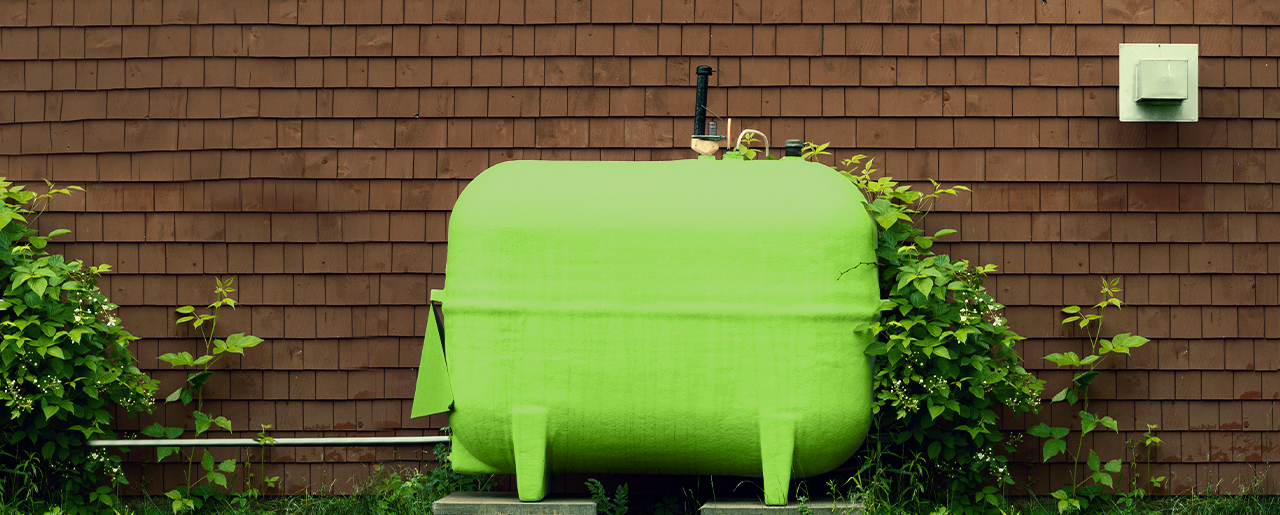
Too few people know the impact that an oil tank can have on their home insurance. In Quebec, an estimated 12% of the population still uses fuel oil as a heat source and nearly half the oil tanks still in operation are more than 25 years old! When we know the fire and environmental risks related to this type of fuel, an ounce of prevention is worth a pound of cure!
Assurances Multi-Risques has decided to write this article to explain how having an oil tank can affect your home insurance. As a bonus, we’re also giving you our best advice to prevent a costly and harmful accident!
Oil tanks and insurance
First off, you should know that basic home insurance DOES NOT INCLUDE protection in the event of damage related to your oil tank.
For example, a leak from your tank may considerably damage:
- your home;
- your assets;
- your land (the ground and the water table);
- your neighbours’ homes and land.
Therefore, we suggest that all clients who have an oil tank should add an endorsement (additional protection) to their home insurance coverage.
“Overflow or leakage of domestic fuel oil” endorsement
In general, this endorsement covers:
- damage caused directly to insured property;
- the costs of soil cleaning and decontamination and the replacement of certain plants;
- civil liability.
As such, this protection covers you in the event of an accidental overflow or leakage of fuel oil from a fixed tank, a device or a supply line linked to a currently used heating system.
NOTE: The facilities, tanks, supply lines or devices that caused the accident are generally not covered by this endorsement.
How to properly maintain your oil tank to avoid problems
Just like for your car or home, proper maintenance is the best way to avoid accidents. Here are a few pointers to help guide you:
- Change your tank if it is more than 25 years old.
- Install your tank inside a building. That way, it will be shielded from bad weather (rain, wind, freezing, thawing, etc.) and will stay in better condition.
- Where there’s a smell, there’s a problem! Stay alert for leaks.
- Be on the lookout for signs of corrosion; it’s generally not a good sign!
- Don’t leave your tank empty, even in summer, since that will significantly increase the risk of problems related to humidity and corrosion.
- Call a specialist if you are unsure of the condition or age of your tank. They can also make sure it is properly installed.
- If you are changing your tank, don’t forget to tell your insurance broker: it could lower your premium!
Our best advice?
When it comes to oil tanks, working with a professional is often the best solution, and regular maintenance is always necessary.
As for your home insurance, it’s best to contact an independent insurance broker! They will be able to guide you and explain the best coverage for your situation and needs.
They can also give you all the details about the “overflow or leakage of domestic fuel oil” endorsement and advise you on everything else about your home insurance!